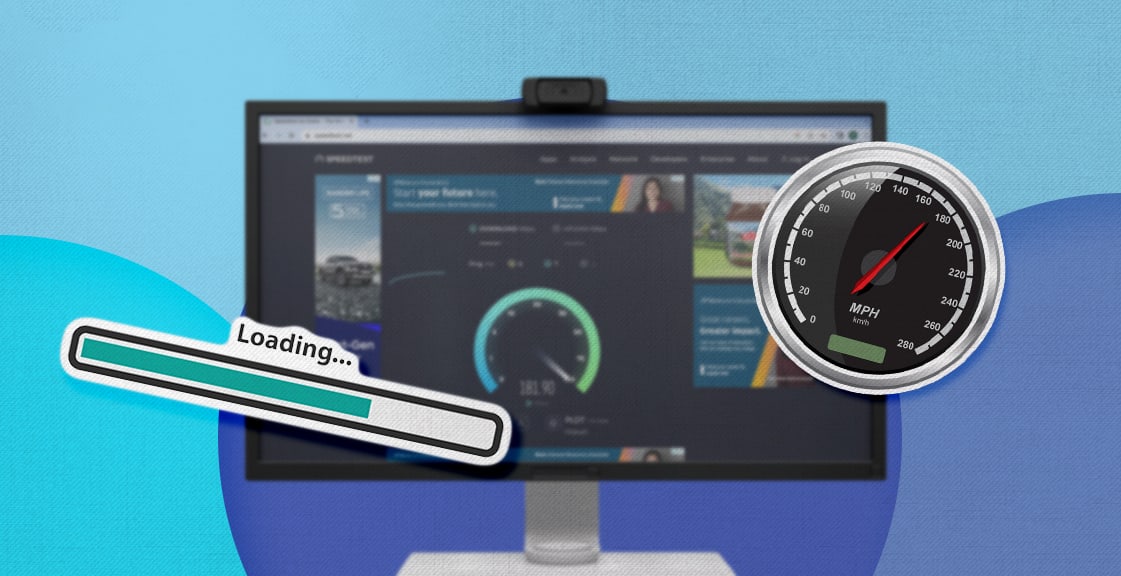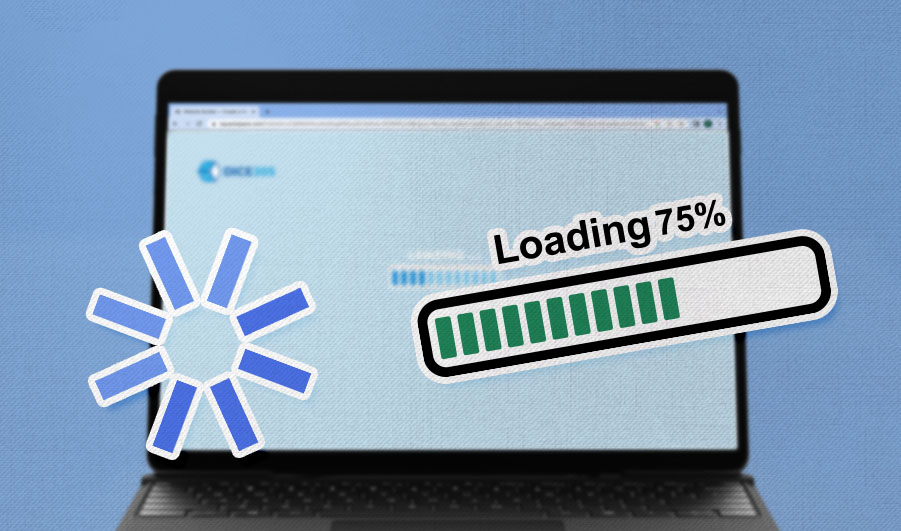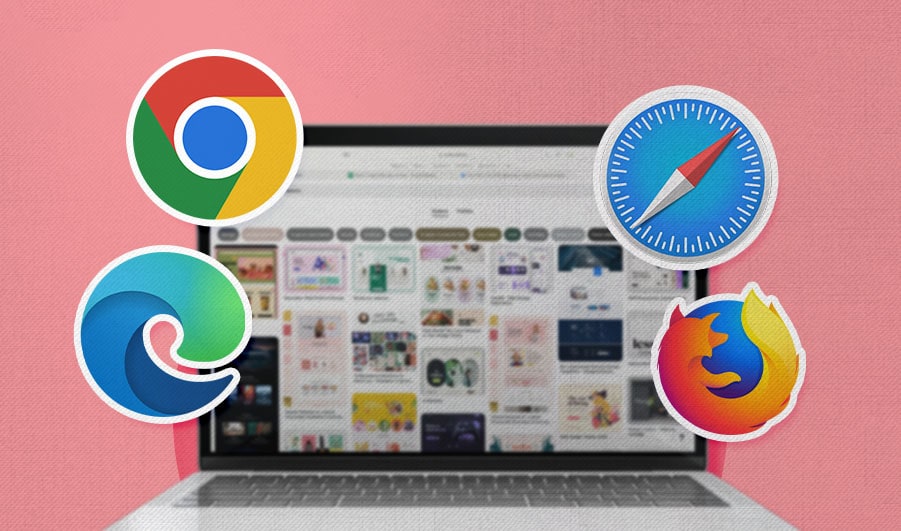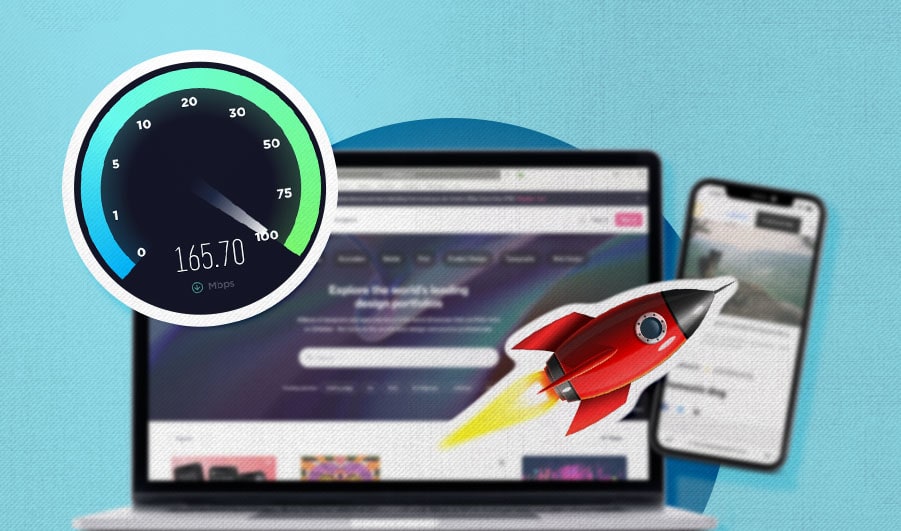Web Development
5 Proven Tips to Make Your Website Load Faster


In today’s digital world, website speed plays a crucial role in user experience and search engine optimization. According to studies, a website that takes more than 3 seconds to load can lead to a higher bounce rate and a decrease in conversions. Therefore, it is essential to optimize your website’s speed for a better user experience and improved search engine rankings.
Here are 5 proven tips to make your website load faster:

1. Optimize your images:
Images are an essential part of your website, but they can also be the reason why your website takes longer to load. Large-sized images can slow down your website’s loading time, which can negatively impact the user experience. To optimize your images, compress them without sacrificing their quality. You can also use image optimization tools to compress your images automatically.

2. Use a content delivery network (CDN):
A Content Delivery Network (CDN) is a network of servers that helps to deliver your website’s content to the user faster by distributing it across various servers worldwide. By using a CDN, your website’s content can be served from the server that is closest to the user, reducing the website’s loading time. This can result in an improved user experience and increased search engine rankings.

3. Minimize HTTP requests:
HTTP requests are made every time your website loads, and they can affect your website’s loading time. By reducing the number of HTTP requests, you can make your website load faster. To minimize HTTP requests, you can reduce the number of images, scripts, and stylesheets on your website. You can also combine multiple scripts and stylesheets into a single file to reduce the number of HTTP requests.

4. Enable browser caching:
Browser caching allows the user’s browser to store the website’s files temporarily, which can speed up the website’s loading time on subsequent visits. By enabling browser caching, you can reduce the amount of data that needs to be transferred between the server and the user’s browser, resulting in faster loading times. You can enable browser caching by adding caching headers to your website’s files or by using caching plugins.

5. Minify and optimize your code:
Minifying and optimizing your website’s code can help to reduce the website’s loading time by reducing the file size. Minifying your code involves removing unnecessary characters and white spaces, which can reduce the file size. Optimizing your code involves making your code more efficient, such as by reducing the number of database queries or using CSS sprites. By minifying and optimizing your code, you can make your website load faster, resulting in an improved user experience and increased search engine rankings.

In conclusion, website speed is an essential factor in user experience and search engine optimization. By following these 5 proven tips, you can make your website load faster, resulting in an improved user experience and increased search engine rankings. Remember to optimize your images, use a content delivery network, minimize HTTP requests, enable browser caching, and minify and optimize your code. By implementing these tips, you can make your website load faster and stay ahead of the competition.






